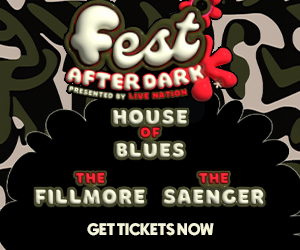Boozoo Chavis is making hay.
It's an uncharacteristically cold December Tuesday on Dog Hill, the region in outlying Lake Charles where city dwellers have traditionally gone to dump their unwanted pets. Chavis has driven his pick-up to his neighbor's ranch to buy horse feed.
In dance halls from Lafayette to Houston, Boozoo Chavis is arguably the most popular working zydeco musician today.
"When Boozoo plays, all the tables are marked," says Opelousas' Slim's Y-Ki-Ki owner Arnold Gradn...




